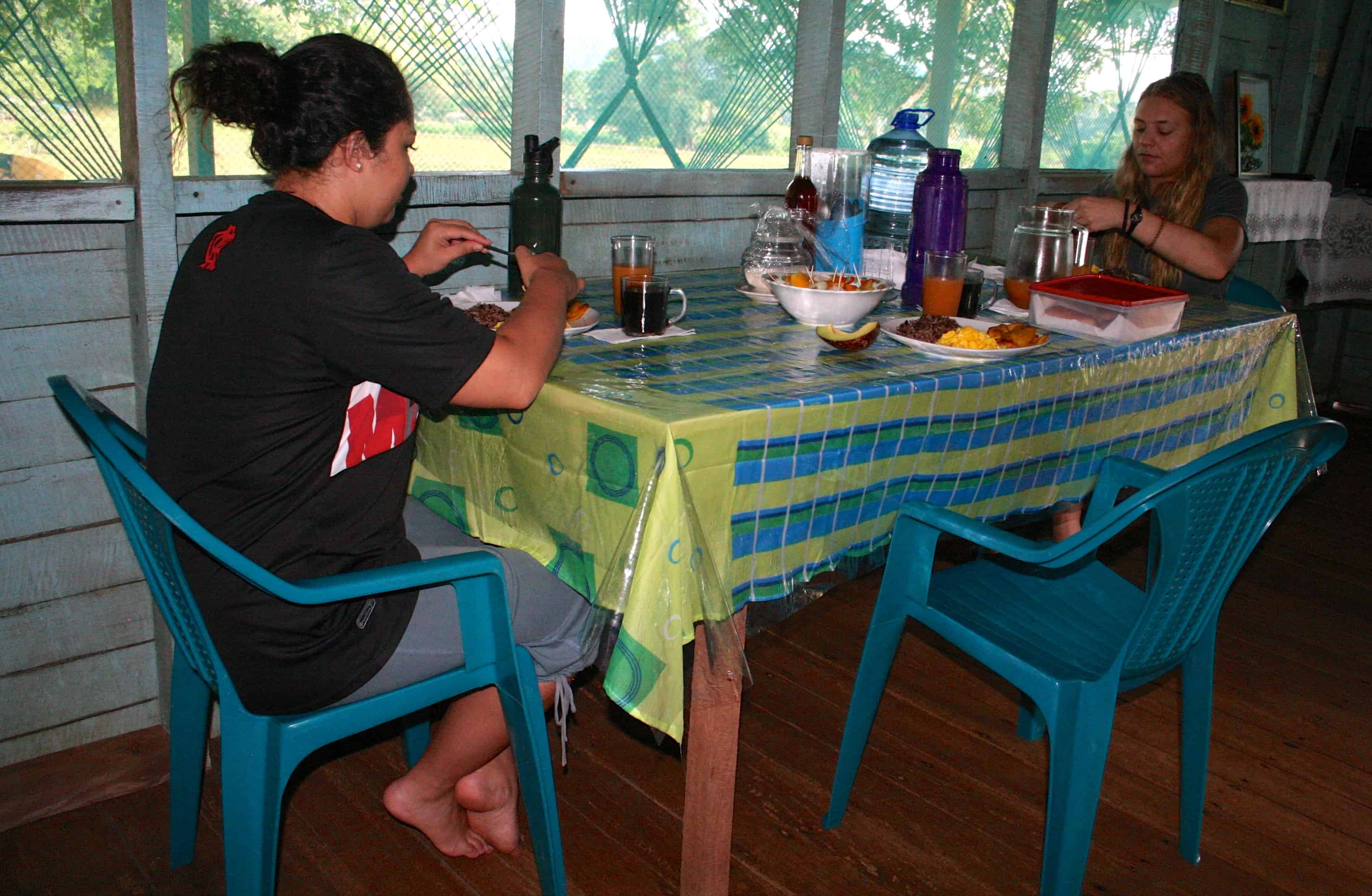In Costa Rica, the dream of owning a home remains out of reach for many, as high rental costs and budget cuts to housing subsidies deepen our country’s housing crisis. The Ombudsman’s Office reports that families in poverty face significant barriers to accessing decent housing, with rising rents consuming a large portion of their income, leaving little for savings or credit to secure a home.
The government has long provided homes as a social benefit through the Bono de Vivienda program, offering subsidies or fully constructed houses to low-income families. This initiative aims to address the housing deficit, which has lingered between 3% and 5% for the past decade, showing little improvement despite various social programs. However, inefficiencies and funding shortages limit its impact. A recent study revealed that 42% of homes require repairs or expansion, with 83% of these occupied by the poorest households, highlighting a severe qualitative housing deficit.
The Extreme Poverty Housing Subsidy, designed for families without land, suffered sharp budget reductions of 17.1% in 2020 and 18.7% in 2022. Although 2024 brought a 19% budget increase, the number of beneficiaries has not surpassed the 8,542 recorded in 2019. Meanwhile, the Ordinary Housing Subsidy, supporting low- and middle-income families, has seen recent budget growth, but rising construction costs and a 13% VAT continue to restrict access to affordable housing.
The National Financial System for Housing (SFNV) struggles with fragmented responsibilities and lacks a governing law, hampering effective coordination. The Housing Subsidy Fund (FOSUVI) has also drawn criticism for prioritizing areas based on construction company availability rather than regions with the greatest need. Ombudsman Angie Cruickshank emphasized, “Providing homes is not enough. We need employment programs, urban planning, and attention to informal settlements to address the root causes of this crisis.” She also called for modernizing FOSUVI’s information systems to improve transparency in managing public funds.
High rents trap thousands of Costa Ricans in a cycle of financial strain, unable to save for homeownership. With 1.2 million citizens living in poverty, including 6.7% in extreme poverty, the Ombudsman urges our government to reform housing policies to make decent housing a reality for all, not a distant hope.






